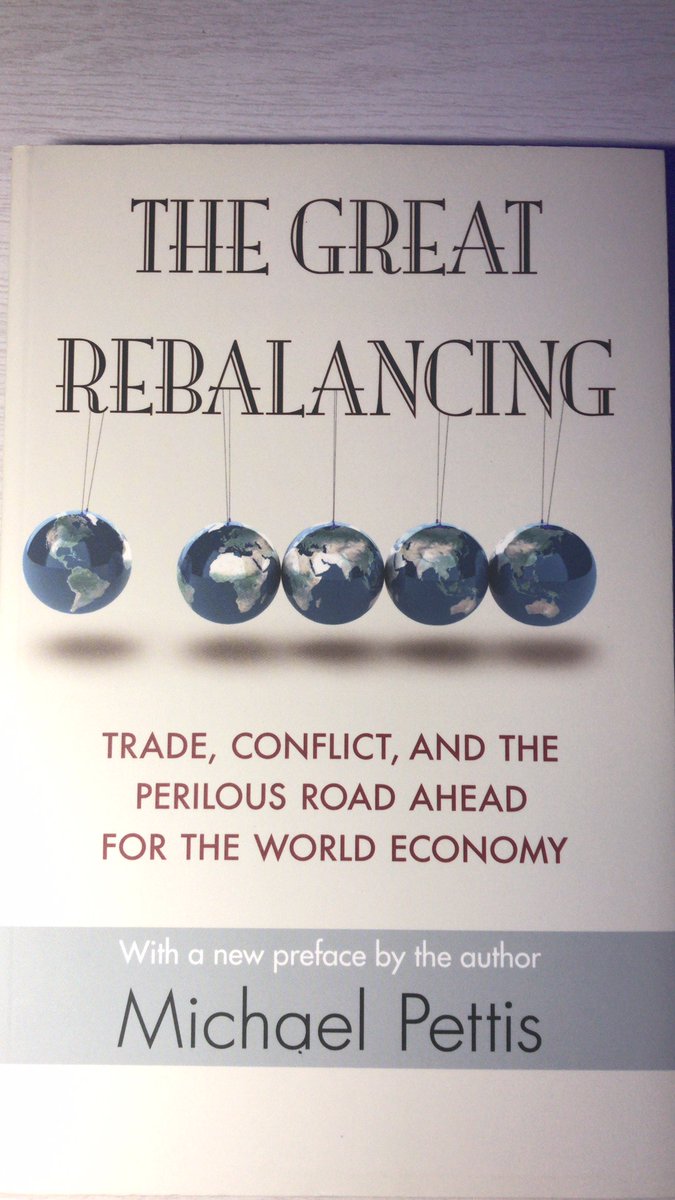1/5
"“It’s like a declaration of war,” Robert Habeck, Germany’s vice-chancellor and economics minister, said last month."
There's no hypocrite like a free-trade hypocrite.
ft.com/content/4bc03d…
"“It’s like a declaration of war,” Robert Habeck, Germany’s vice-chancellor and economics minister, said last month."
There's no hypocrite like a free-trade hypocrite.
ft.com/content/4bc03d…
2/5
For years Germany protected its manufacturers behind subsidies and an undervalued euro, funded by downward pressure on wage growth.
The result was that Germany's share of global manufacturing expanded relative to that of the US and its EU partners.
For years Germany protected its manufacturers behind subsidies and an undervalued euro, funded by downward pressure on wage growth.
The result was that Germany's share of global manufacturing expanded relative to that of the US and its EU partners.
3/5
Its huge trade surplus was a measure of the extent to which the competitiveness of German manufacturers was based on policies designed to prevent wages from growing in line with productivity. Workers received too low a share of what they produced to consume most of it.
Its huge trade surplus was a measure of the extent to which the competitiveness of German manufacturers was based on policies designed to prevent wages from growing in line with productivity. Workers received too low a share of what they produced to consume most of it.
4/5
Germany's irresponsible trade policies were costly for the US and devastating for the EU, and so it was inevitable that the world turn against a global trading system so ferociously gamed by countries like Germany. Berlin is in no position to complain.
Germany's irresponsible trade policies were costly for the US and devastating for the EU, and so it was inevitable that the world turn against a global trading system so ferociously gamed by countries like Germany. Berlin is in no position to complain.
5/5
The good news (for German workers and the middle class, not for German exporters) is that German wages seem finally to be catching up with productivity, and it is this, not US industrial policy or Chinese car subsidies, that is forcing Germany to rebalance its trade.
The good news (for German workers and the middle class, not for German exporters) is that German wages seem finally to be catching up with productivity, and it is this, not US industrial policy or Chinese car subsidies, that is forcing Germany to rebalance its trade.
Several people have asked me for further explanations, some of which you can find here:
carnegieendowment.org/chinafinancial…
carnegieendowment.org/chinafinancial…
• • •
Missing some Tweet in this thread? You can try to
force a refresh

 Read on Twitter
Read on Twitter




